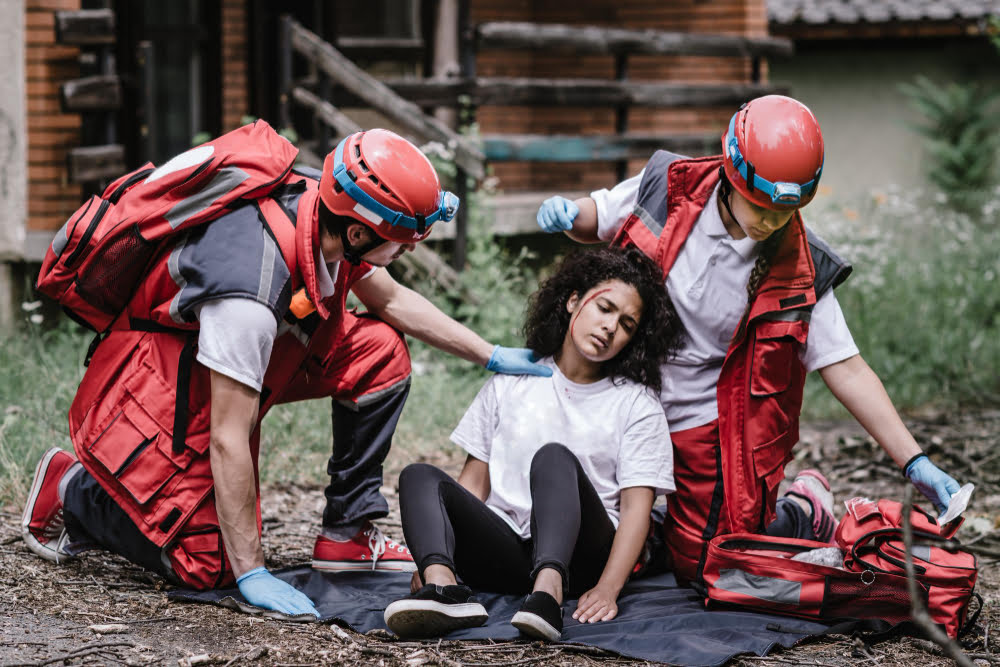
Blog
Why Should You Have an Emergency Preparedness Plan?

There is no time to think through a plan when a disaster hits. Depending on where you work and live, you may be facing anything from lighting storms, wild fires and floods, to earthquakes, tsunamis and tornados.
Emergencies can happen in a split second, so make sure you’re ready with your own emergency preparedness plan.
In the event that you are met with a natural disaster like those listed above, it will likely take three or more days for emergency services such as police, fire and ambulance, to reach many neighbourhoods.
What does that mean for you? What is your plan for when you have no access to gas, electricity, water or phone? What if the roads are blocked, storm drains and sewers are backed up, and all of the local stores are closed?
The first step in your emergency preparedness plan should be making a list of items you will need in an emergency, and putting together your own “emergency kit.” Make sure you have access to an emergency food supply (that does not require cooking!) and bottled water. And most importantly, make sure you have a fully stocked first aid kit at your disposal. You first aid kit should include items such as sterile gauze pads, adhesive tape, bandages, scissors and tweezers. In addition to the items found in your home first aid kit, you can also add:
- Four litres of water per person per day (use sealed, unbreakable containers and replace the supply every six months)
- Packaged or canned food that won’t go bad, and a can opener (replace the food once a year)
- Walking shoes, rain gear, and a change of clothing
- Blankets or sleeping bags
- A first aid kit and prescription medications (check the medications every six months to make sure they haven’t passed their expiry date)
- Toilet paper and other personal supplies
- An extra pair of glasses
- A battery-powered radio and flashlight, along with extra batteries
- Spare cash
- An extra set of car keys
- A list of your family doctors
- Important family information such as a list of any medical conditions or medical devices, such as pacemakers
- Photocopies of all important identification for you and your family, including health card numbers
- Special items for babies, elderly, or disabled household members
- Cell phone and contact information for family and friends
Another way to prepare for an emergency is also taking a First Aid and CPR training course. You’ll learn practical skills that may come in handy when disaster strikes.
About F.A.S.T. Rescue
F.A.S.T. Rescue are health and safety experts offering consulting, supplies and training solutions that help make employees safe in the workplace. We’re passionate about health and safety, offering unrivaled value and solutions with a satisfaction guarantee. Headquartered in Toronto, Ontario, Canada.







